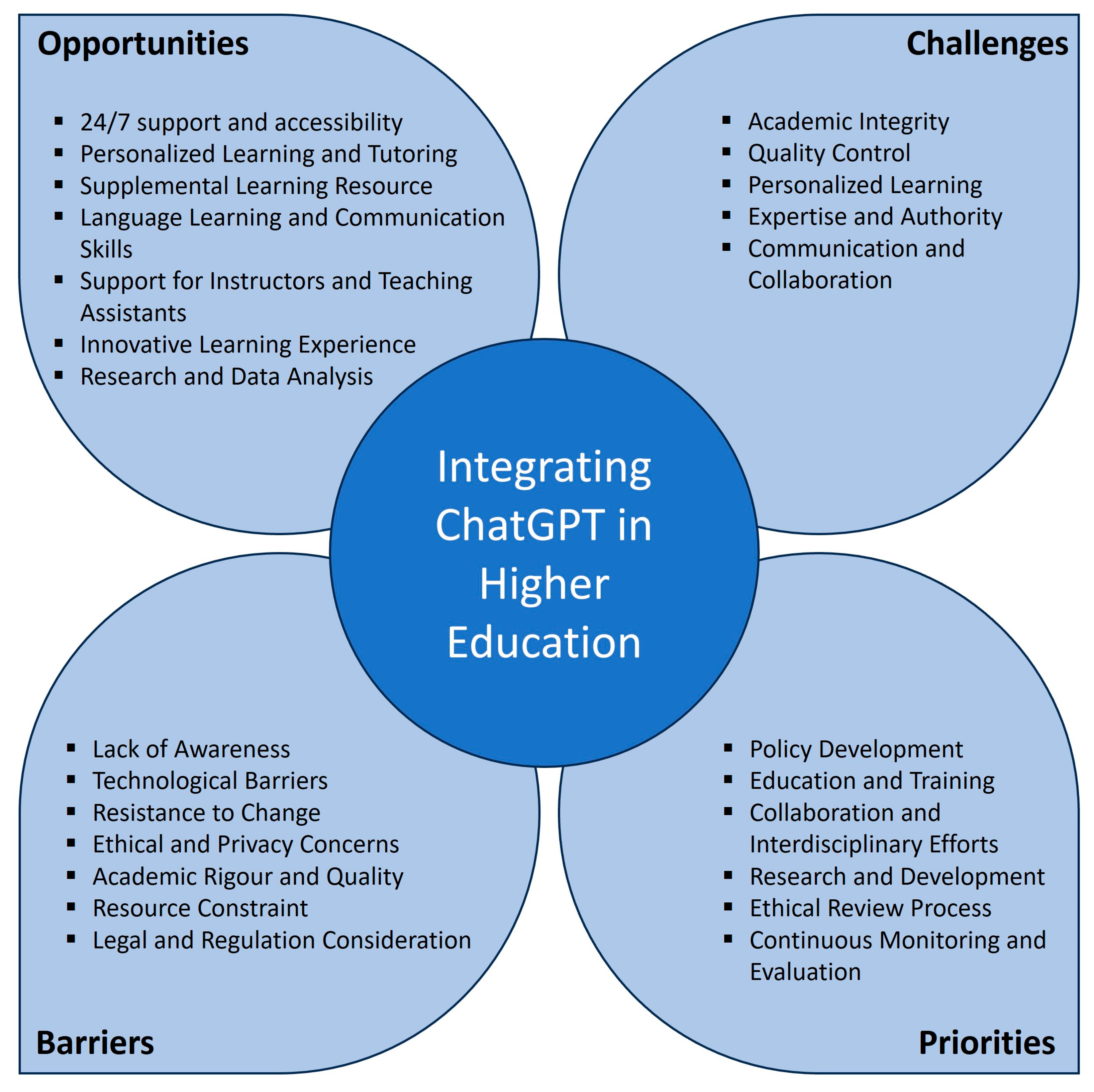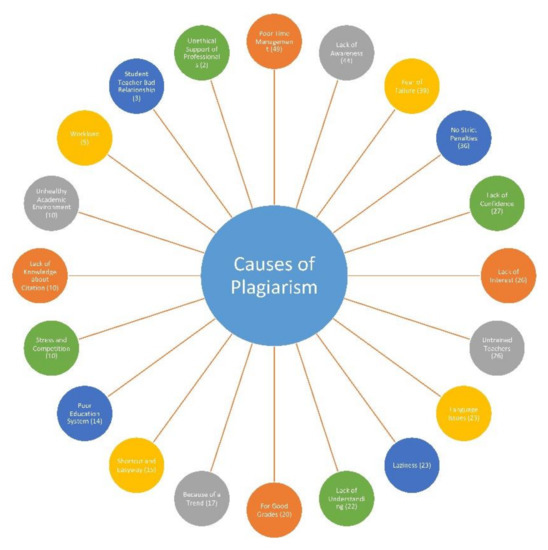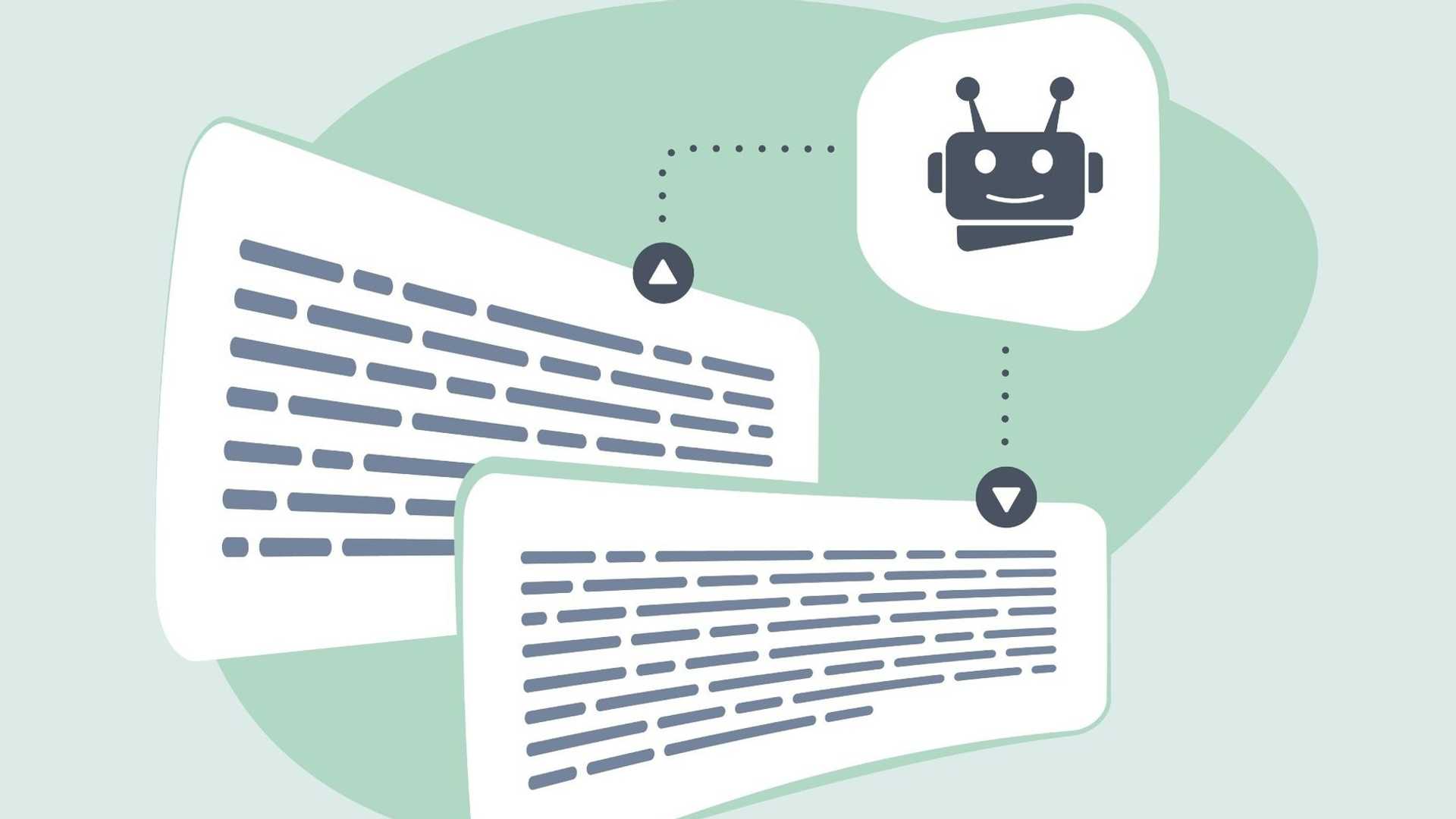New Research Challenges Belief That ChatGPT Fuels Student Plagiarism
While many believe AI tools like ChatGPT drive plagiarism, new research reveals that lack of motivation and a culture of cheating have a far greater impact—challenging the notion that banning AI is the best solution.

A recent study published by the prestigious international journal Interactive Learning Environments analyses the relationship between the frequency of ChatGPT use for academic purposes and plagiarism among university students. The research by a UPV/EHU group concluded that, despite a correlation existing between the frequency of use of this tool and plagiarism, the causality between the two variables is virtually non-existent.
Key Findings
The study involving 507 UPV/EHU students also explored whether this relationship was influenced by variables linked to the students, such as their academic achievement, their workload, their levels of hypercompetitiveness, their lack of motivation, their degree of immersion in the culture of cheating or their degree of ignorance of the consequences of plagiarism.
"The results revealed that factors such as a lack of motivation and being immersed in the culture of cheating (for example, being surrounded by people who tend to plagiarise) exert a much greater impact on the likelihood of a student committing plagiarism than the frequency of use of tools such as ChatGPT," said the authors of the study.

These three variables –frequency of ChatGPT use, lack of motivation with respect to studies, and degree of immersion in the culture of cheating– were able to account for almost 30% of dishonest behavior, such as plagiarism, among university students.
Implications and Recommendations
The UPV/EHU researchers said that these findings challenge the widely held perception in the educational and social spheres that the use of artificial intelligence directly triggers plagiarism. "The problem is not the technology in itself, but how it is used and the academic context in which it is employed," the study's authors pointed out.
So, the study suggests that promoting academic integrity and student motivation could be a more effective strategy for reducing plagiarism than simply banning artificial intelligence-based tools.

The researchers stressed the importance of universities establishing clear policies on the use of tools such as ChatGPT and reinforcing pedagogical strategies that encourage active participation and critical thinking. They also stressed the need to design tasks that promote ethical and original learning instead of relying exclusively on punitive measures.
The study provides a novel perspective on artificial intelligence's impact on higher education and raises challenges and opportunities for teachers and academic administrators.




















